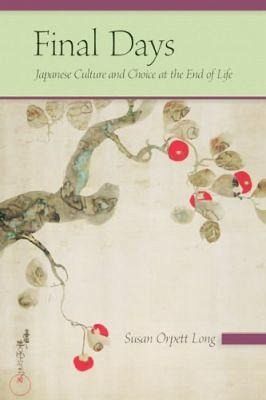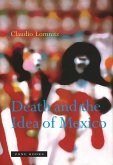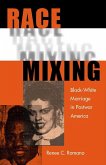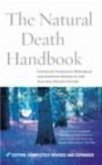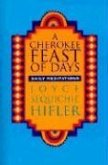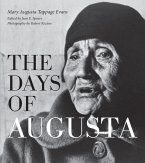In postindustrial societies, people must consciously define their individuality through the choices they make. Recently, death has become yet another realm of personal choice, making a "good death" one in which we die in our "own way." Does culture matter in these decisions? Final Days represents a new perspective on end-of-life decision-making, arguing that culture does make a difference but not as a checklist of customs or as the source of a moral code. Grounded in rich ethnographic data, the book offers a superb examination of how policy and meaning frame the choices Japanese make about how to die. As an essay in descriptive bioethics, it engages an extensive literature in the social sciences and bioethics to examine some of the answers people have constructed to end-of life issues. Like their counterparts in other postindustrial societies, Japanese find no simple way of handling situations such as disclosure of diagnosis, discontinuing or withholding treatment, organ donation, euthanasia, and hospice. Through interviews and case studies in hospitals and homes, Susan Orpett Long offers a window on the ways in which "ordinary" people respond to serious illness and the process of dying. Moving beyond stereotypes of stylized samurai violence and Buddhist meditation as Japanese cultural models of dying, Long offers fresh insights into how experiential and social factors mediate between formal cultural rules and what people do. Given the existence of various culturally legitimate scripts on how to die well and the complex nature of human relationships, she makes a convincing and original argument that ambivalence need not be viewed as anomalous. Indeed, ambiguity and a diversity of views are not obstacles to the moral life of a society, but rather are the raw material in postindustrial societies from which people construct meaningful deaths and thus meaningful lives.
Hinweis: Dieser Artikel kann nur an eine deutsche Lieferadresse ausgeliefert werden.
Hinweis: Dieser Artikel kann nur an eine deutsche Lieferadresse ausgeliefert werden.

